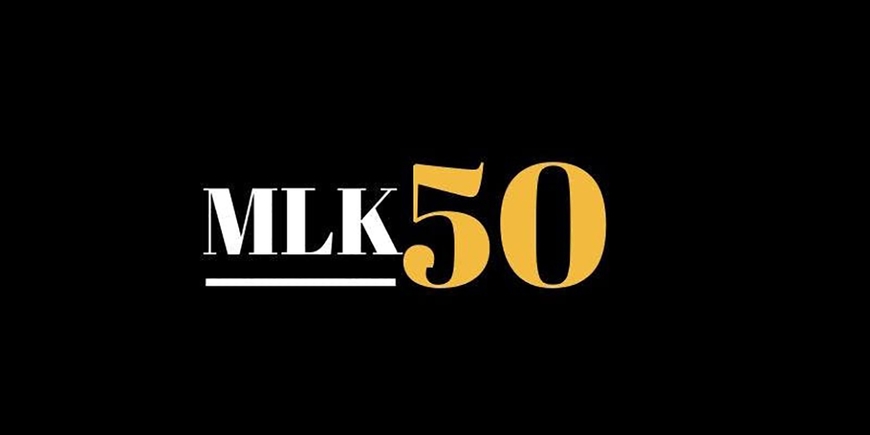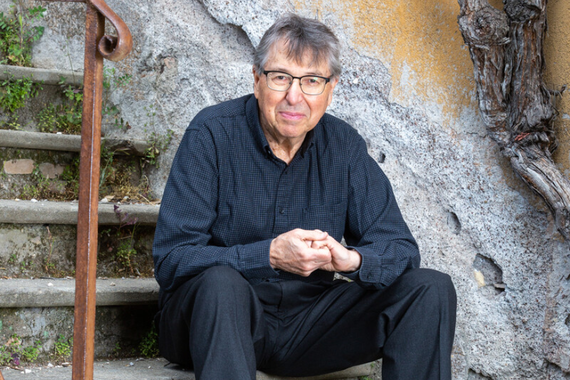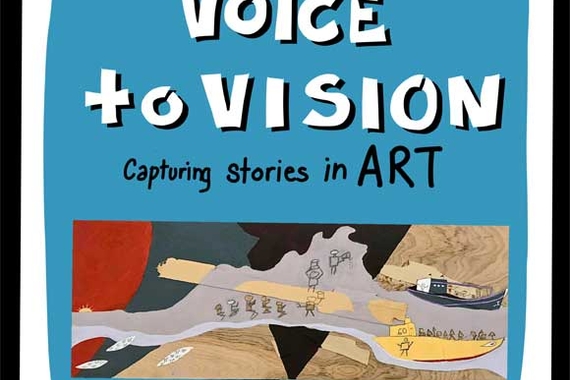Celebrating 50 Years of the Rev. Dr. Martin Luther King, Jr. Program
Thank you for having me and thank you all for joining us this evening for the Reverend Doctor Martin Luther King, Jr. Program’s inaugural Alumni Networking Social. It’s wonderful to have you back on campus, whether you graduated a few years ago or a few decades ago.
It’s a great pleasure to be here to honor the accomplishments and legacy of the MLK program and to look forward to its future. Before I continue, I’d like to thank the staff of the MLK program for their work in organizing tonight’s event. I’d also like to thank Ascan Koerner, CLA’s Associate Dean for Undergraduate Education, and Steve Davis, Director of Affinity Engagement at the University of Minnesota Alumni Association, for their support of this event.
For 50 years, the MLK Program has helped students transform their lives. It has helped them find and define their passions, their voices, and their goals. And it has helped create a more equitable campus through its leadership around the issues of inclusion, access, and the opportunity and achievement gap.
The work of the MLK program remains as relevant and vital as ever. Today, over a quarter of first-year students in CLA are students of color or American Indian students. Nearly a third of CLA’s students are the first in their families to attend college. About a fifth are Pell-grant-eligible. And around 40 percent of our population is made up of transfer students, who are on the whole more ethnically and racially diverse, more low to lower-middle income, and more first generation than students joining us directly from high school.
College is supposed to be rigorous, challenging, and even unsettling. There will be setbacks that you have to overcome. That’s part of a college education. We expect that all of our students will have those experiences, and, in some respects, we want them to have and learn from those experiences.
However, the students I mentioned may face additional challenges to succeeding on a college campus.
Some who come from lower socioeconomic or underrepresented backgrounds can be caught off guard by college’s hidden expenses or unfamiliar cultural mores or jargon. Some may question their sense of belonging. Some live at home to save money or work multiple jobs, missing out on aspects of college life that help students build community and establish support networks on campus.
What all of these students have in common is this: they have worked hard, they have earned their way here, they belong here -- and we have an obligation to help them thrive.
The MLK program has been fulfilling this mission for 50 years. And as alumni of this remarkable program, you are in a unique position to connect to today’s MLK students. You can directly help today’s undergraduate and graduate students with your advice, wisdom, and guidance. There are established ways to do this. For example, the Alumni Association’s digital Maroon and Gold Network is a great way to connect with today’s Gophers. And we and our students benefit from hearing your ideas around internships, mentoring, and other growth opportunities.
You can also assist our work in CLA to address the opportunity gap as a whole-college responsibility. In my State of the College address last month, I indicated that one of my highest priorities this year is to expand on the work of the MLK program and our Office of Undergraduate Education and have the opportunity gap be top of mind for all departments, faculty, instructors, units, and staff. It’s an issue for us to be accountable on at all levels of the college.
In MLK, we have five decades of experience and expertise in this area. And in this room, we have alumni who could help inform these efforts. You could help us identify what worked and what didn’t for you as an undergraduate. What could professors and instructors do to create a more equitable classroom experience? What constitutes a positive applied or non-classroom opportunity? What meant the most to you in a mentoring relationship? What kinds of feedback or advice from professors and staff motivated and encouraged you? These are all questions that you could help us explore and answer.
I look forward to working with MLK in the years to come in graduating passionate, informed, engaged, and ethical leaders. Young people who will go out and transform the organizations they join and the communities they live in. And I look forward to more events like these, where we can get MLK’s remarkable alumni together to work together toward a brighter future.
50 years ago the Martin Luther King, Jr. Program started with a great sense of optimism and possibility. Where should the MLK Program head as we move forward, and how might you be part of the journey? I hope you will reflect on that two-part question and consider how you might want to be engaged.
I thank you all once again for joining us tonight. Thank you.



